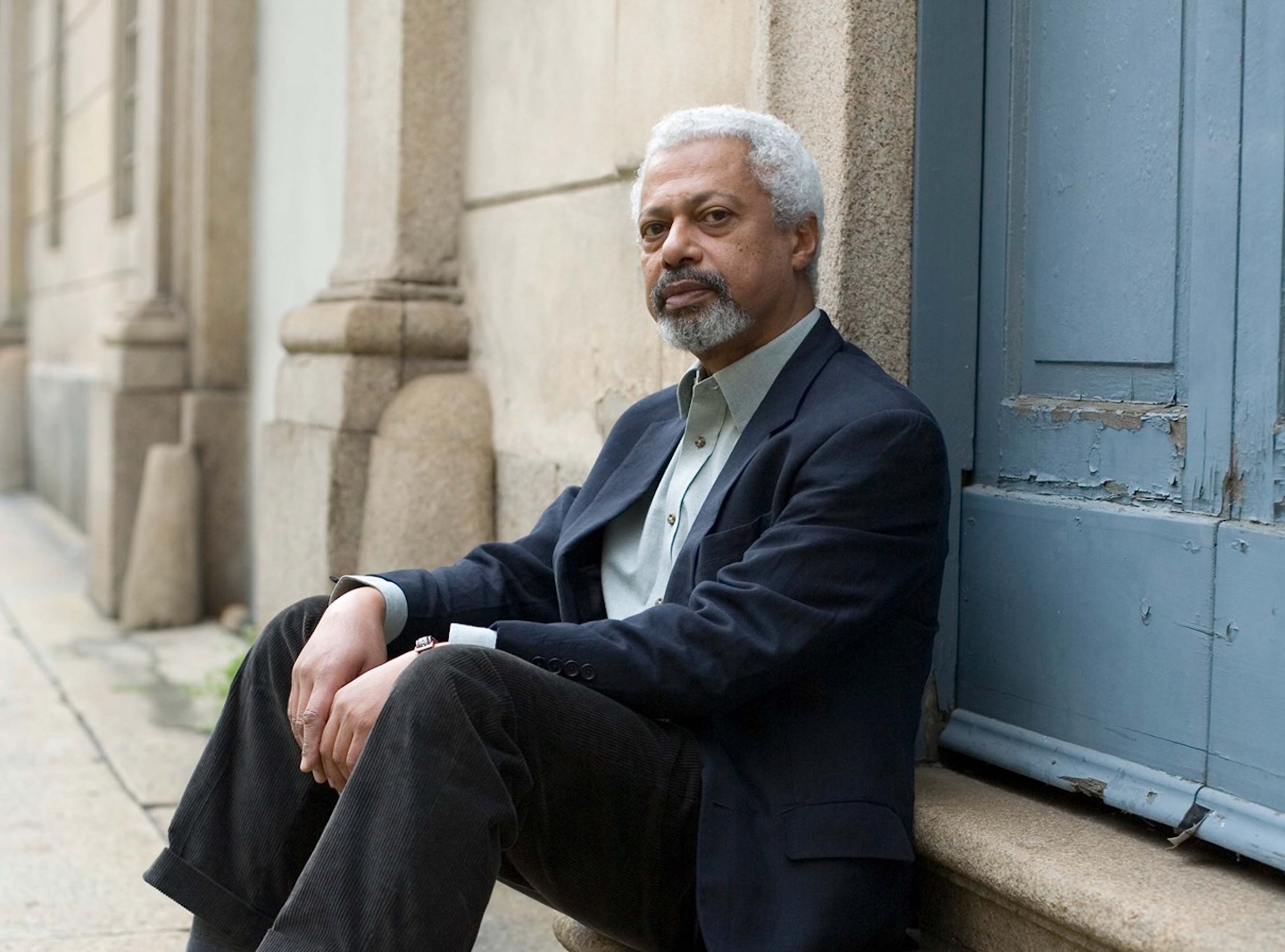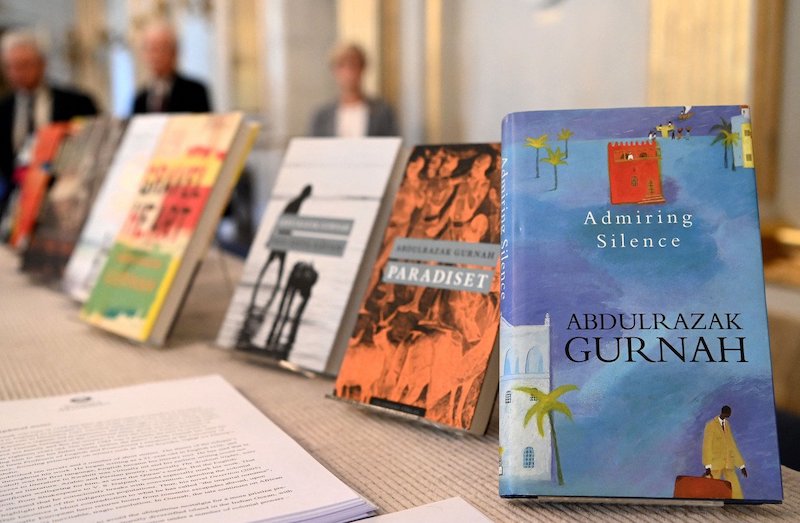
The 73-year-old author of 10 novels, including Paradise and Desertion, grew up in an archipelago off the coast of Tanzania (All photos: Nobel Prize)
Zanibar-born novelist Abdulrazak Gurnah has won this year’s Nobel Prize in literature. The Swedish Academy praised Gurnah for his "uncompromising and compassionate penetration of the effects of colonialism”.
The 73-year-old author of 10 novels, including Paradise and Desertion, grew up in an archipelago off the coast of Tanzania, and never considered the possibility of carving out a career in writing. However, a violent uprising in 1964 forced Gurnah (who was 18) to flee to England. Homesick and poor, he began to jot down scraps about home and other people in a diary, which gave rise to his novels that revolve around the trauma of colonialism, war and displacement.
gurnah_books.jpeg

“It never occurred to me,” he said in an interview. “It wasn’t something you could say as you were growing up, ‘I want to be a writer.’”
Themes of exile, identity and belonging often populate Gurnah’s stories. For example, Paradise — shortlisted for the Booker Prize in 1994 — talks about a boy in an East African country scarred by colonialism while Memory of Departure deals with the immigrant experience in Britain.
Chair of the committee Anders Olsson extolled the contributions of Gurnah, who “is widely recognised as one of the world’s more pre-eminent post-colonial writers.”
It took the academy 28 years to acknowledge another black writer, ever since American novelist Toni Morrison was awarded in 1993. Gurnah is the first African to claim the award in more than a decade, preceded by Wole Soyinka of Nigeria in 1986, Naguib Mahfouz of Egypt, who won in 1988; and the South African winners Nadine Gordimer in 1991 and John Maxwell Coetzee in 2003. The British-Zimbabwean novelist Doris Lessing won in 2007.
Read more about the news here.


